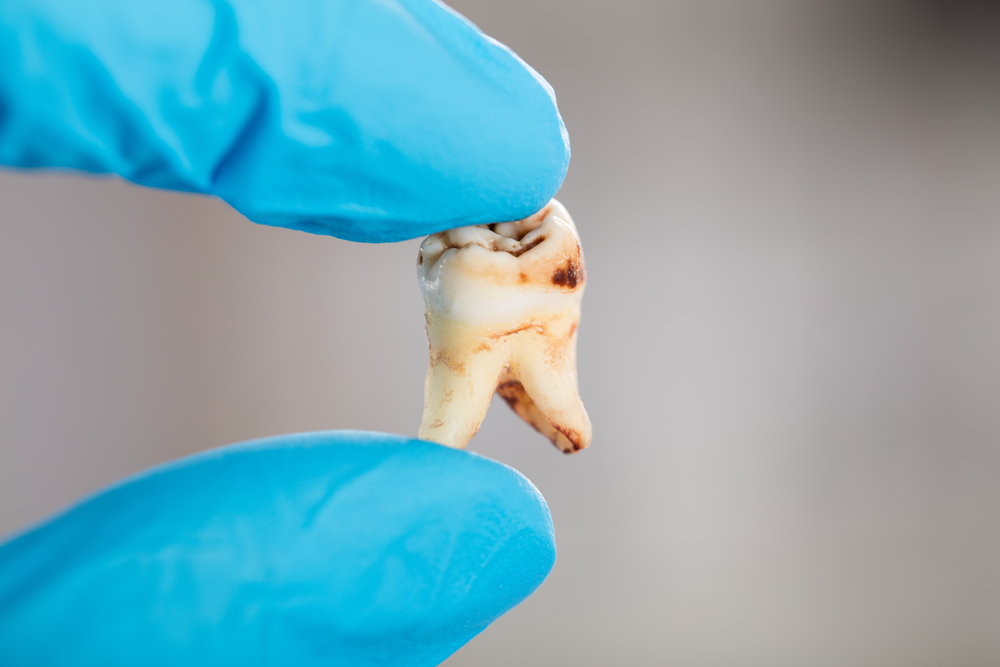Suboxone, a medication used to treat opioid addiction, has been touted as a safe and effective drug since its introduction in 2002. However, recent lawsuits against the drug manufacturer, Indivior, suggest that Suboxone may cause long-term dental damage and tooth decay. Former users have reported severe dental decay, tooth loss, and other serious oral health problems after using Suboxone sublingual film dissolved in the mouth. Suboxone users must be aware of the evidence linking the anti-opioid drug to severe dental problems, the allegations raised in Suboxone lawsuits, and the potential long-term impact of Suboxone treatment on their oral health.
Understanding Suboxone and its Opioid Addiction Uses
Suboxone, which contains the active ingredients buprenorphine and naloxone, was approved by the U.S. Food and Drug Administration (FDA) in the early 2000s as a breakthrough treatment for withdrawal symptoms associated with opioid dependency. The drug is commonly used to help individuals overcome their addiction to opioids by suppressing withdrawal symptoms and cravings. While Suboxone has been effective in treating opioid addiction, recent lawsuits suggest that its use may come at a cost to dental health.
The Acidic Nature of Suboxone and its Impact on Teeth
One key aspect of Suboxone’s formulation is its high acidity. Suboxone contains acidic inactive ingredients such as citric acid, sodium citrate dihydrate, acesulfame potassium, and lime flavor. These additives ensure the stability and effectiveness of the drug’s two main ingredients, buprenorphine and naloxone, which require an acidic environment, and facilitate proper absorption into the bloodstream. However, a growing number of product liability lawsuits allege that users were never adequately informed about the potential for repeated exposure to the acidity of Suboxone to harm their dental health.
Dry Mouth Side Effects and Tooth Decay
Another potential side effect of Suboxone is dry mouth, also known as xerostomia. Buprenorphine, one of the active ingredients in Suboxone, is known to impact the central nervous system, and among other effects, it can reduce the function of salivary glands. In a 2013 study published in The Primary Care Companion for CNS Disorders, researchers found that 90% of a population of buprenorphine users experiencing dental health decline had significantly lower saliva levels compared to the average population.
Saliva plays a crucial role in maintaining oral health by aiding in digestion, neutralizing acids, and cleaning the mouth. A lack of adequate saliva, combined with the acidic ingredients in Suboxone, can further increase the risk of tooth decay and other dental problems. The prolonged exposure to acidic substances in the mouth, such as when a Suboxone film dissolves sublingually, can exacerbate the erosion of tooth enamel, leading to cavities and other dental issues.
Dental Injuries Associated with Suboxone
The acidity of Suboxone can erode tooth enamel, making teeth more susceptible to decay. Furthermore, the lack of protective saliva in the mouth, combined with the acidic exposure, can lead to cavities, gum disease, tooth sensitivity, and even tooth loss. Individuals who have used Suboxone and experienced these dental problems may be forced to undergo painful and expensive dental procedures to alleviate pain and prevent further deterioration of their oral health.
Dental procedures to address Suboxone-induced tooth decay may include tooth extraction for severely compromised teeth, dental fillings for early-stage decay, dental crowns for robust protection, dental bridges for missing teeth, dentures for multiple missing teeth, dental implants for replacing decayed or missing teeth, root canals for salvaging affected teeth, and orthognathic surgery for profound dental and jaw anomalies.
Evidence of Manufacturer Knowledge and Allegations
Lawsuits against Indivior point to a long history of adverse events reported to the manufacturer, as well as published case reports and studies suggesting that Indivior knew about the risk of tooth decay from Suboxone. However, the first dental decay warnings were not issued until 2022, leaving former users to bear the costs of extensive dental treatments that could have been avoided with proper disclosure.
Former Suboxone users pursuing legal action claim that Indivior prioritized profits over patient safety by withholding information about the potential dental risks associated with the drug. By pursuing financial compensation through Suboxone dental decay lawsuits, these individuals aim to recover damages for the painful procedures, disfigurement, embarrassment, and other injuries they suffered allegedly as a result of Suboxone.
Pursuing Compensation for Suboxone Dental Damage
The growing number of Suboxone dental decay lawsuits brought against Indivior highlights the potential risks associated with the opioid addiction drug’s use. Former users have reported severe dental decay, tooth loss, and other serious oral health problems after using Suboxone, leading them to pursue financial compensation. Research studies have linked Suboxone and other buprenorphine medications to an increased risk of tooth decay, tooth loss, oral infections, and other dental injuries, providing support for Suboxone users’ legal claims.
Suboxone Lawsuit Information
Sublingual Buprenorphine and Dental Problems: A Case Series, Prim Care Companion CNS Disord.
Statement from SAMHSA Leader on FDA’s Drug Safety Alert on Buprenorphine and Risk for Tooth Decay, SAMHSA

